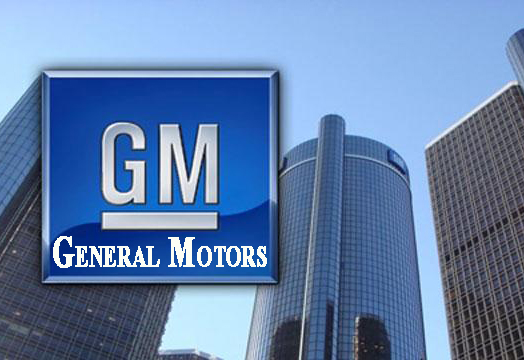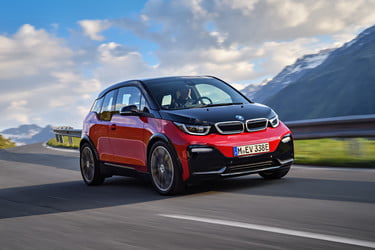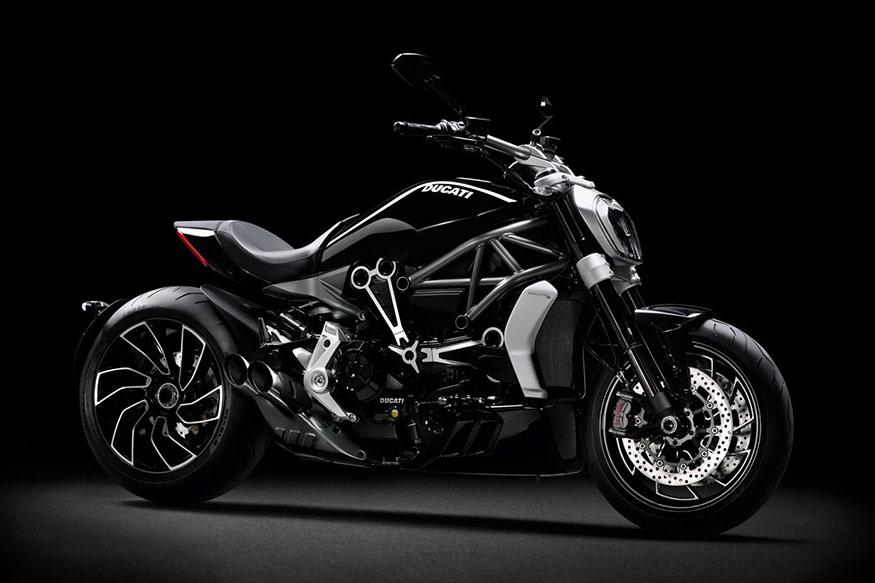Now Reading: General Motors invests $2 billion in Tennessee plant
-
01
General Motors invests $2 billion in Tennessee plant
General Motors invests $2 billion in Tennessee plant

General Motors said Tuesday it will make an investment of about $2 billion in its Spring Hill, Tennessee, assembly plant for producing the new Cadillac Lyriq electric SUV.
The announcement comes on the same day that the automaker talked about unveiling another new long-range battery-electric vehicle, the GMC Hummer. The automaker plans to have “20 or more” battery-electric vehicles, or BEVs, in production by 2023.
“We are committed to investing in the U.S., our employees, and our communities,” said CEO Mary Barra. “These investments underscore the success of our vehicles today, and our vision of an all-electric future.”
The Spring Hill plant was originally meant to push the boundaries of production as the home of the automaker’s Saturn brand. However, Saturn was abandoned when the automaker emerged from bankruptcy a decade ago. It presently produces a mix of crossover-utility vehicles that include the Cadillac XT5 and XT6, and also the models for the GMC and Australian Holden brand.
The Tennessee complex, which spans 7.9 million square feet and presently employs about 3,400 hourly workers, will become the third assembly plant the automaker is dedicating to BEV production. The others include a factory located in Orion Township, Michigan, now assembling the automaker’s first long-range model, the Chevrolet Bolt. The third was renamed Plant Zero and squats on the border of Detroit and the enclave of Hamtramck.
While the Spring Hill plant will keep producing gas-powered products such as the Cadillac crossovers, the other factories will be dedicated exclusively to electric automobiles. Though particular plans for Plant Zero have not yet been announced, it is widely expected to handle the production of the new Hummer, which will be provided in both SUV and pickup form, and also an all-electric Chevrolet pickup — and possibly the Nikola Badger pickup.
GM was among the first automakers to bring an all-electric vehicle to market, the original EV1, but currently, it is taking serious aim at the segment — and at the market leader, Tesla. By 2023, it expects to have a broad range of offerings for all four North American brands, and also the other brands offered abroad, especially in China where its new Wuling Micro battery-car is outselling Tesla these days.
The automaker has confirmed it will offer U.S. consumers both the existing Chevy Bolt and also a stretched version to be called the Bolt EUV in the coming months. Next year it will see the introduction of the two versions of the Hummer, with the Lyriq to follow in early 2022.
Critically, the automaker expects its new Ultium batteries to cost about $100 per kilowatt-hour, dropping from $145 per kWh with the present Chevrolet Bolt. For a vehicle like the Hummer, which is expected to have a pack of no less than 100 kilowatt-hours, the savings would be significant. GM officials have informed NBC about their longer-term goal is to push down as low as $70 per kWh. According to the Boston Consulting Group, that would essentially put BEVs on parity with similar gas-powered products.
The automaker’s Tuesday announcement also concerned another $153 million to be invested in five Michigan plants for the products planned for the future.
Stay Informed With the Latest & Most Important News
Previous Post
Next Post
-
 01Polestar Boss Says It’s Time To Outrun BMW M And Mercedes-AMG
01Polestar Boss Says It’s Time To Outrun BMW M And Mercedes-AMG -
 02Spy Shots: 2027 Mitsubishi Pajero Spotted in Testing Ahead of Possible U.S. Return
02Spy Shots: 2027 Mitsubishi Pajero Spotted in Testing Ahead of Possible U.S. Return -
 032026 Toyota Hilux EV: A Powerful Truck with Silent Torque
032026 Toyota Hilux EV: A Powerful Truck with Silent Torque -
 04Spy Photos: VW ID. Polo GTI Goes Electric with 223 HP and 280 Miles of Range
04Spy Photos: VW ID. Polo GTI Goes Electric with 223 HP and 280 Miles of Range -
![2027 Mercedes-Benz S-Class Debuts with V8 Engine [Photo Gallery]](https://speedlux.com/wp-content/uploads/2026/01/2027-Mercedes-Benz-S-Class-33-155x125.jpg) 052027 Mercedes-Benz S-Class Debuts with V8 Engine [Photo Gallery]
052027 Mercedes-Benz S-Class Debuts with V8 Engine [Photo Gallery] -
 06The Controversial Ford Voodoo V8 That Was Killed Off Too Early
06The Controversial Ford Voodoo V8 That Was Killed Off Too Early -
 07Hyundai Palisade’s Breakout Year Shows How Quickly the Market Can Turn
07Hyundai Palisade’s Breakout Year Shows How Quickly the Market Can Turn



![2027 Mercedes-Benz S-Class Debuts with V8 Engine [Photo Gallery]](https://speedlux.com/wp-content/uploads/2026/01/2027-Mercedes-Benz-S-Class-33-700x394.jpg)










































